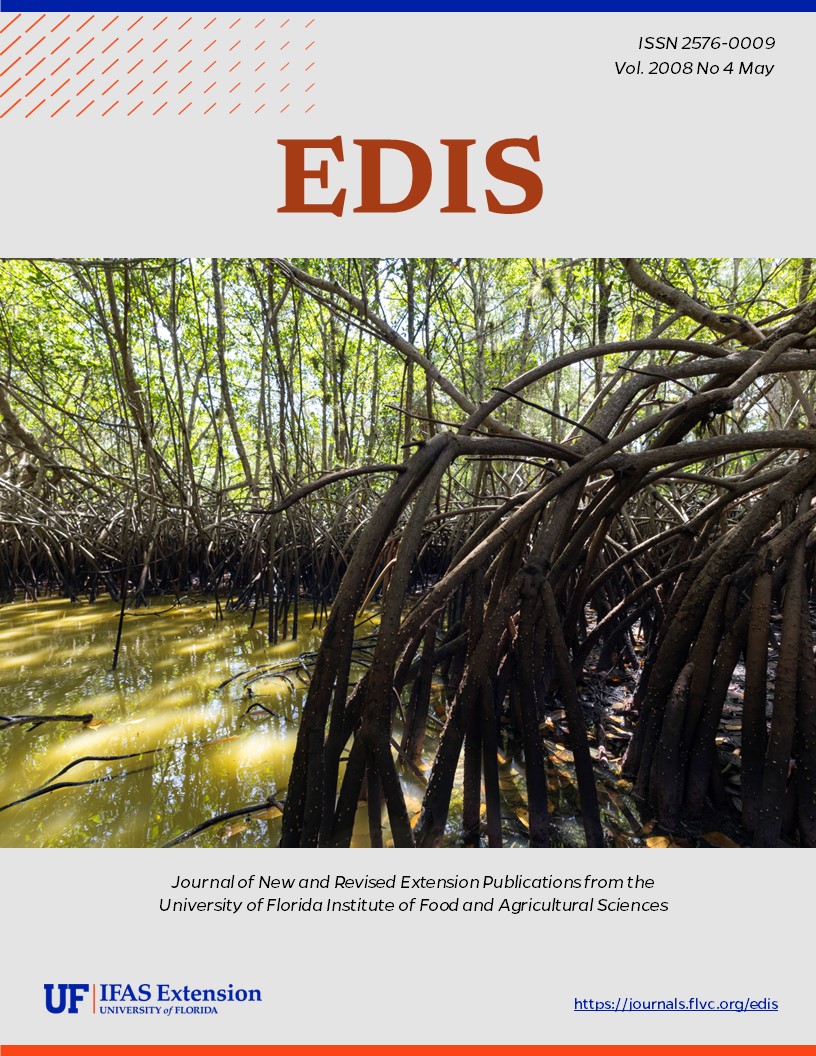Resumen
WEC-244, a 4-page illustrated fact sheet by Gabriel J. Miller, Steve A. Johnson, and Lora L. Smith, explains autogenic and allogenic environmental engineering, with brief discussions of live oak trees and beavers as examples, and describes the southeastern pocket gopher’s role in Florida ecosystems as an allogenic environmental engineer. Published by the UF Department of Wildlife Ecology and Conservation, April 2008.
Citas
Huntly, N. and R. Inouye. 1988. Pocket gophers in ecosystems: patterns and mechanisms. Bioscience 38:786-793. https://doi.org/10.2307/1310788
Jones, C. G., J. H. Lawton and M. Shachak. 1994. Organisms as ecosystem engineers. Oikos 69:373-386. https://doi.org/10.2307/3545850
Mitsch, W. J. 1998. Ecological Engineering - the 7-year itch. Ecological Engineering 10:119-130. https://doi.org/10.1016/S0925-8574(98)00009-3
Reichman, O. J. and E. W. Seabloom. 2002. The role of pocket gophers as subterranean ecosystem engineers. Trends in Ecology and Evolution 17:44-49. https://doi.org/10.1016/S0169-5347(01)02329-1
Skelley, P. E. and R. D. Gordon. 2001. Scarab beetles from pocket gopher burrows in the southeastern United States (Coleoptera: Scarabaeidae). Insecta Mundi 15:77-93.

